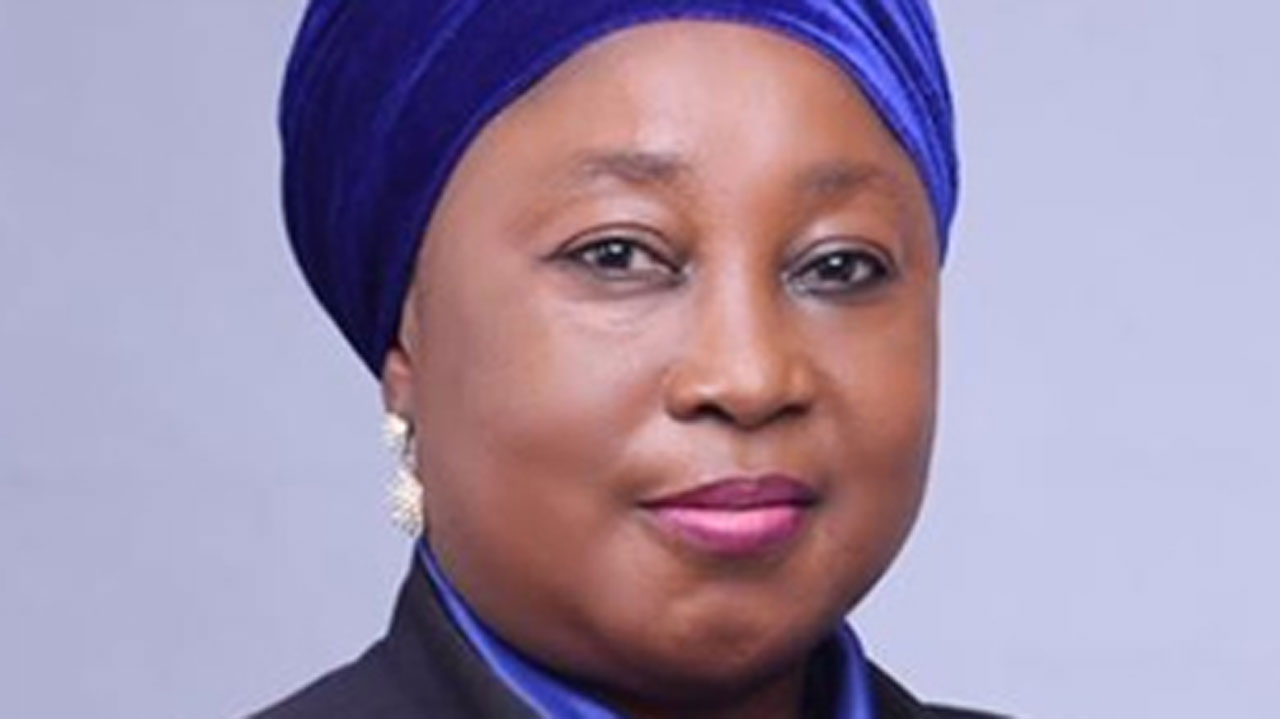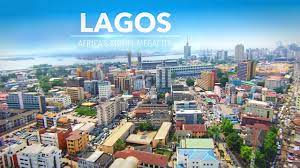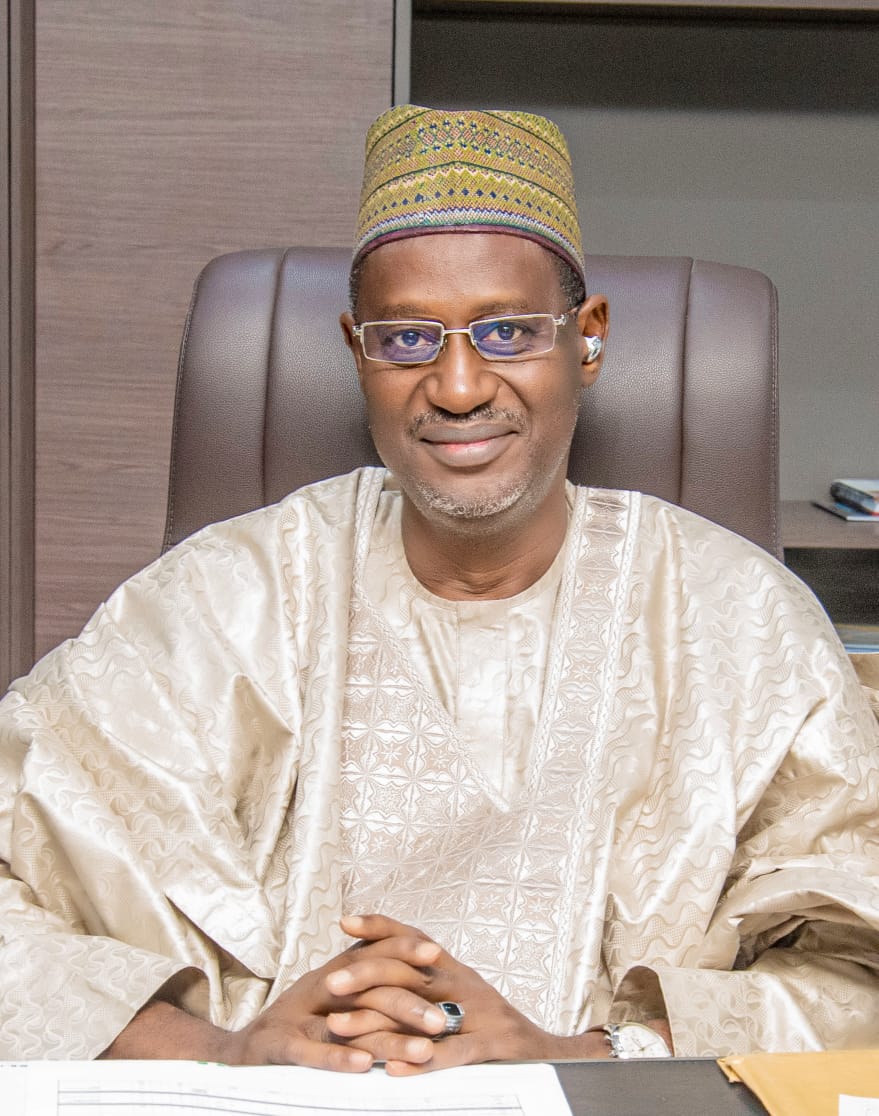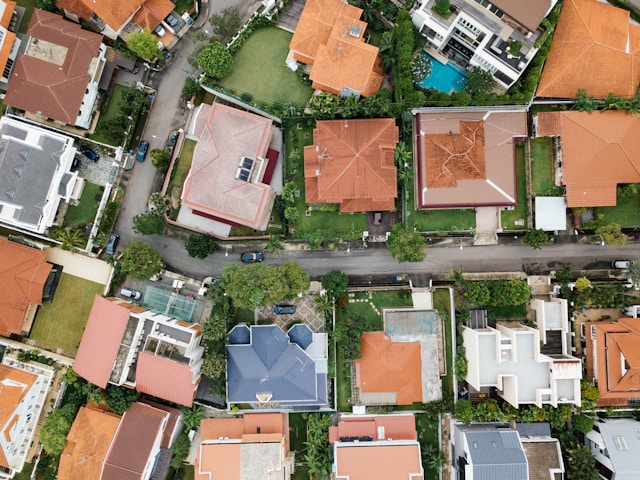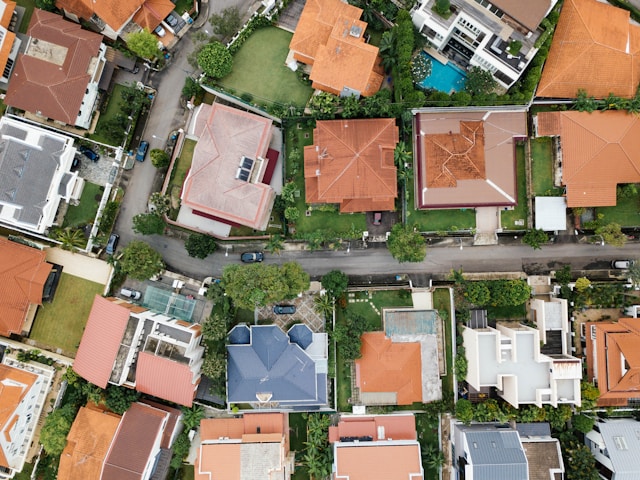Mrs Olabisi Demola-Alade is the first female chairman, Nigerian Institution of Estate Surveyors and Valuers (NIESV) Lagos branch. In this interview with VICTOR GBONEGUN, she spoke on prospects for real estate sector amid poor economy and insecurity, how the institution is addressing dispute with Lagos State government on real estate regulation and ways to tackle challenges of growth.
Despite a struggling economy and insecurity in the country, the residential market has remained strong in some cities, especially Lagos. What are the drivers for real estate prices in residential market? Do you foresee changes in the remaining part of the year?
Since over a year that COVID-19 pandemic has been on, it actually impacted on commercial and residential properties because people have realised that they could work from home and not really need a big office to make money. People feel that once they are at home with necessary gadgets/technologies, work can go on, and so, a lot of offices are now at home.
What this means is that while the properties needed for offices suffer setbacks in terms of patronage, more of residential properties are taken by people. This is going to be on for some time because most people that have residential properties on the mainland are still there and most of them don’t need to go to the Island to work. They prefer staying at home, the idea offers less staff and less stress.
Everybody wants to have their residential properties in Lagos, being the commercial centre and they have realised that properties in Lagos have higher rate than those in most other states. Most developers are also going into residential developments now, as more people prefer what is called, ‘relax and make your money’ from the comfort of your home. Whether properties are owners’ occupied or for investment purpose, you can easily get your yearly rent and even if you use it for collateral, the owner will make more money.
With the right infrastructure in place, I don’t foresee any hindrance to the growth of the sector for the rest of the year.
Nigeria’s urbanisation rate is around 50 per cent currently, with an overall population estimated at 200 million and the likelihood of having double the growth rate within the next 30 years. What should authorities do to cope with the challenge, especially the impact on housing supply?
The rate of urbanisation is increasing, especially, as the country battles security challenges and many people are migrating to cities that are safer. This poses a challenge and the need for authority to continue to build infrastructure as a means to cater for growing population. Government should build more affordable and social housing in cities.The government must involve estate surveyors and valuers in building homes because their services are important and I’m sure that our members are willing to work with government.
In Lagos State, we have five Ibiles that include, Ikeja, Ikorodu, Badagry, Lagos and Epe and only two of the regions, which are Lagos Island and Ikeja, are fully developed in terms of housing. If government can really look at other parts, where there are land to build affordable housing for people, with rail lines and waterways working effectively, people can live there and commute with ease to other parts of the state.
Once the infrastructure is in those suburban areas, things would be better but a situation where everybody is living in the city centre, there will be competition for limited infrastructure.
Mrs Olabisi Demola-Alade is the first female chairman, Nigerian Institution of Estate Surveyors and Valuers (NIESV) Lagos branch. In this interview with VICTOR GBONEGUN, she spoke on prospects for real estate sector amid poor economy and insecurity, how the institution is addressing dispute with Lagos State government on real estate regulation and ways to tackle challenges of growth.
Despite a struggling economy and insecurity in the country, the residential market has remained strong in some cities, especially Lagos. What are the drivers for real estate prices in residential market? Do you foresee changes in the remaining part of the year?
Since over a year that COVID-19 pandemic has been on, it actually impacted on commercial and residential properties because people have realised that they could work from home and not really need a big office to make money. People feel that once they are at home with necessary gadgets/technologies, work can go on, and so, a lot of offices are now at home.
Everybody wants to have their residential properties in Lagos, being the commercial centre and they have realised that properties in Lagos have higher rate than those in most other states. Most developers are also going into residential developments now, as more people prefer what is called, ‘relax and make your money’ from the comfort of your home. Whether properties are owners’ occupied or for investment purpose, you can easily get your yearly rent and even if you use it for collateral, the owner will make more money.
With the right infrastructure in place, I don’t foresee any hindrance to the growth of the sector for the rest of the year.
Nigeria’s urbanisation rate is around 50 per cent currently, with an overall population estimated at 200 million and the likelihood of having double the growth rate within the next 30 years. What should authorities do to cope with the challenge, especially the impact on housing supply?
The rate of urbanisation is increasing, especially, as the country battles security challenges and many people are migrating to cities that are safer. This poses a challenge and the need for authority to continue to build infrastructure as a means to cater for growing population. Government should build more affordable and social housing in cities.
The government must involve estate surveyors and valuers in building homes because their services are important and I’m sure that our members are willing to work with government.
In Lagos State, we have five Ibiles that include, Ikeja, Ikorodu, Badagry, Lagos and Epe and only two of the regions, which are Lagos Island and Ikeja, are fully developed in terms of housing. If government can really look at other parts, where there are land to build affordable housing for people, with rail lines and waterways working effectively, people can live there and commute with ease to other parts of the state.
Once the infrastructure is in those suburban areas, things would be better but a situation where everybody is living in the city centre, there will be competition for limited infrastructure.
Government also needs to put in more efforts in ensuring that people can access housing mortgage at affordable rate.
Lagos now has a real estate regulation law, which intends to ensure transparency in the sector. Do you have any grouse against this law? Can it eliminate unwholesome practices in the sector?
We don’t really have grouse against the government, what we just feel is the need for a clearer view of the step taken by the government because estate surveyors and valuers already have our own registration body, which is the Estate Surveyors and Valuers Registration Board of Nigeria (ESVARBON) and we don’t want
Mrs Olabisi Demola-Alade is the first female chairman, Nigerian Institution of Estate Surveyors and Valuers (NIESV) Lagos branch. In this interview with VICTOR GBONEGUN, she spoke on prospects for real estate sector amid poor economy and insecurity, how the institution is addressing dispute with Lagos State government on real estate regulation and ways to tackle challenges of growth.
Despite a struggling economy and insecurity in the country, the residential market has remained strong in some cities, especially Lagos. What are the drivers for real estate prices in residential market? Do you foresee changes in the remaining part of the year?
Since over a year that COVID-19 pandemic has been on, it actually impacted on commercial and residential properties because people have realised that they could work from home and not really need a big office to make money. People feel that once they are at home with necessary gadgets/technologies, work can go on, and so, a lot of offices are now at home.
Everybody wants to have their residential properties in Lagos, being the commercial centre and they have realised that properties in Lagos have higher rate than those in most other states. Most developers are also going into residential developments now, as more people prefer what is called, ‘relax and make your money’ from the comfort of your home. Whether properties are owners’ occupied or for investment purpose, you can easily get your yearly rent and even if you use it for collateral, the owner will make more money.
With the right infrastructure in place, I don’t foresee any hindrance to the growth of the sector for the rest of the year.
Nigeria’s urbanisation rate is around 50 per cent currently, with an overall population estimated at 200 million and the likelihood of having double the growth rate within the next 30 years. What should authorities do to cope with the challenge, especially the impact on housing supply?
The rate of urbanisation is increasing, especially, as the country battles security challenges and many people are migrating to cities that are safer. This poses a challenge and the need for authority to continue to build infrastructure as a means to cater for growing population. Government should build more affordable and social housing in cities.The government must involve estate surveyors and valuers in building homes because their services are important and I’m sure that our members are willing to work with government.
In Lagos State, we have five Ibiles that include, Ikeja, Ikorodu, Badagry, Lagos and Epe and only two of the regions, which are Lagos Island and Ikeja, are fully developed in terms of housing. If government can really look at other parts, where there are land to build affordable housing for people, with rail lines and waterways working effectively, people can live there and commute with ease to other parts of the state.
Once the infrastructure is in those suburban areas, things would be better but a situation where everybody is living in the city centre, there will be competition for limited infrastructure.
Government also needs to put in more efforts in ensuring that people can access housing mortgage at affordable rate.
Lagos now has a real estate regulation law, which intends to ensure transparency in the sector. Do you have any grouse against this law? Can it eliminate unwholesome practices in the sector?
We don’t really have grouse against the government, what we just feel is the need for a clearer view of the step taken by the government because estate surveyors and valuers already have our own registration body, which is the Estate Surveyors and Valuers Registration Board of Nigeria (ESVARBON) and we don’t want our members to go through the stress of double registration.
We are professionals and the ESVARBON is in charge of all the registered estate surveyors and valuers and they have their own disciplinary act. If any of our members misbehaved or does anything contrary to the rules and regulations of the profession, it is reported to ESVARBON. We always advise people to engage professional estate surveyors and valuers rather than quacks or touts to check fraudulent practices in real estate sector.the president of NIESV, Sir Emmanuel Wike, visited Governor Babajide Sanwo-Olu of Lagos State and the issue was discussed. We are now out of court, and very soon, the issue will be resolved administratively.
The institution, like other professional bodies in the built environment, has seen the collapse of old firms due to individualistic nature of such practices. What is the institution doing to encourage partnerships?
Our administration has included partnership as one of the programmes, which we plan. Partnerships are important because they are critical for building sustainable firms, viable businesses and permanent firms. Partnerships ensure availability of expertise across all lines of specialisations in real estate practice. We have set up a special committee made up of senior professionals to help members in building partnership. Recently, we brought in resource persons in our resource centre to talk to our people about the importance of partnership.
The Lagos branch is taking it up as one of our priorities. We have visited 45 firms of estate surveyors and valuers in the state to get feelers on what they are passing through, their challenges as well as for them to advise us on ways to move the practice forward.
You were recently sworn in as the first female Chairman for Lagos Branch of NIESV. What new ideas and innovations are you introducing into the institution?
We are focusing on partnership between estate surveyors and valuers in the public and those in private sector. I have noticed a gap between the two sides but we can bridge the gap. I work in Lagos lands bureau and you would be surprised that most of the people that come for titling on properties are lawyers and so we want our people to get more involved. We want to come together and share ideas.
We have christened what is called the 10-point agenda, which include members’ welfare, firm visitation, improve adequacy, membership drive, professional development, research and development, internal and external partnership as well as outdoor programmes.
As the first female chairman of the branch, I’m going to encourage other female members to come on board. We are doing capacity building and mentoring of female members. We have started working on some of the initiatives. We are also visiting higher schools for mentorship, firms and corporate organisations where our members work. We are still going to visit about 40 firms.
The institution is clamouring for the establishment of a Valuer General’s office in Lagos State. What are the gains of having such office?
In Lagos public service, we have the Surveyor General, the teachers have Tutor General and they are those who work in the capacity of permanent secretary.
We need someone that will be the head of all land officers in the service and would be able to advise government on what needs to be done on valuation, compensation, revocation and acquisition and such officer will relate between those in the public and private sectors as well as feels where the shoe pinches.
The gain of having a Valuer General would be that the voice of the professionals as well as their challenges would be heard, they would be able to make inputs into policy and programmes of government.
Technology is changing activities in the industry. What is your institution doing to equip members with latest technology and improved methods of practice?
Technology is the tune of the day and we can’t afford to miss out. We are encouraging our members to learn new things and also unlearn. The branch is teaching members the right way to grow our businesses with the adoption of technology through our resource centre. We have e-library where members can connect and get information on whatever things they want to do. Recently we started visual training and the resource centre will focus on technology training by inviting IT experts to train our people.
source ; The Guardian
